The 21st century has seen several countries get rid of archaic laws. However, others are becoming increasingly extreme in their persecution of the LGBTQ+ community. While some countries have legalized same-gender marriage, the LGBTQ+ community still has a long way to go. Of the 193 countries in the United Nations, 30 countries have legalized the LGBTQ+ community and allow for joint adoption by same-sex couples.
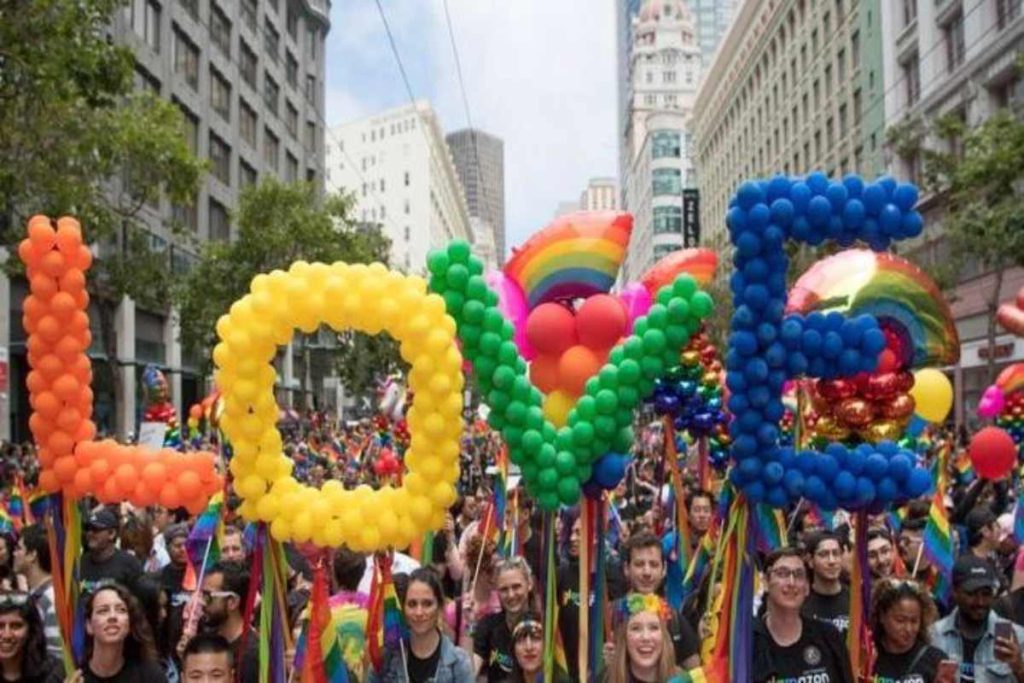
However, over 60 countries still criminalize same-sex marriages, according to the International Gay and Lesbian Aquatics Association (IGLA). Here’s a look into some of these countries.
Afghanistan
Afghanistan’s Sharia law criminalizes same-sex marriages for both men and women, with a maximum of the death penalty. Consequently, members of the LGBTQ+ community in the country keep their gender identity and sexual orientation secret for fear of violence and the death penalty.
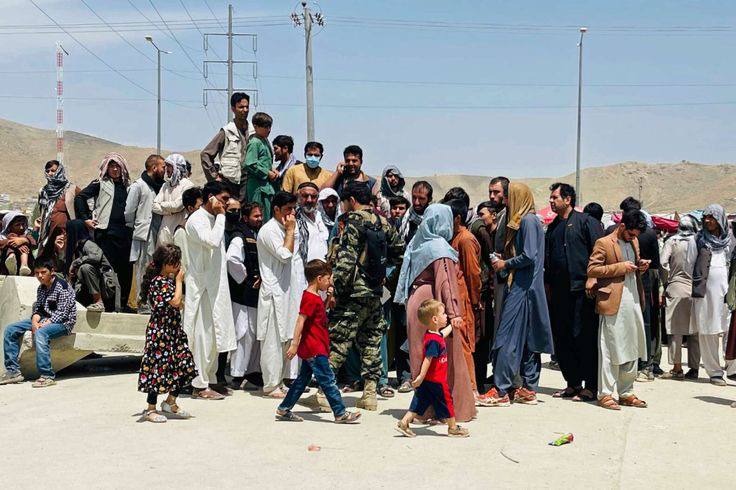
In addition, LGBTQ+ people in Afghanistan face severe legal challenges and discrimination. However, the religious nature of the country has limited any opportunity for public discussion, with any mention of homosexuality and related terms deemed taboo.
Algeria
Like Afghanistan, Algeria views homosexuality and cross-dressing as against the Islamic faith. Hence, the country outlaws same-sex relations. In the North African nation, the LGBTQ+ community faces between 2 months and two years imprisonment and a fine of 500 to 2000 Algerian Dinars.
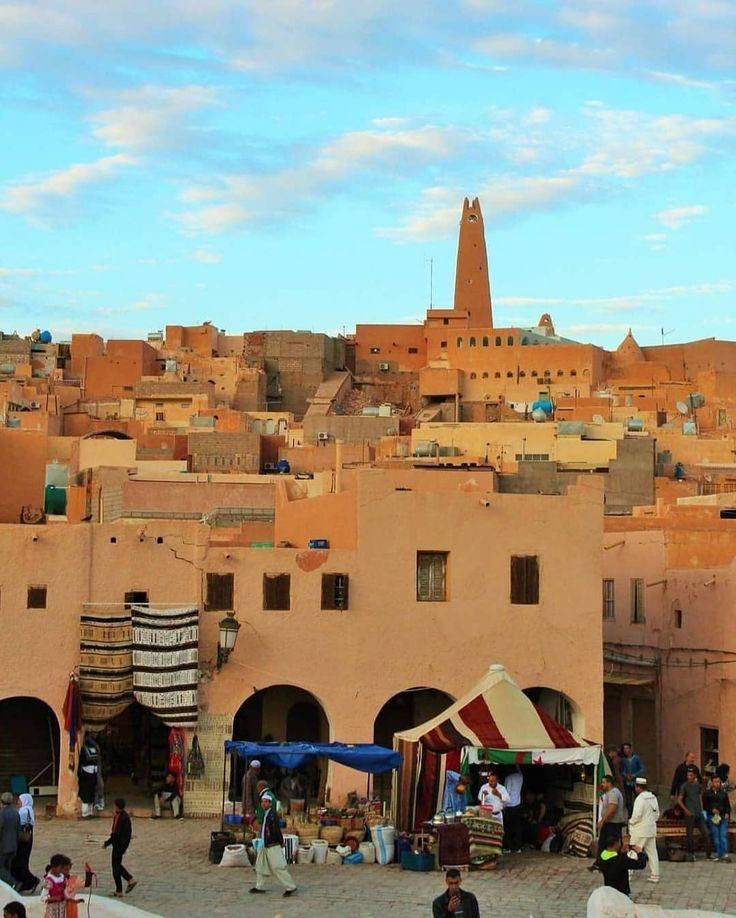
However, if one of the participants is below 18 years old, they increase the older person’s punishment to 3 years imprisonment and a fine of 10,000 dinars.
Bangladesh
In Bangladesh, LGBTQ+ people have no human rights. The country criminalizes LGBTQ+ people, and the punishment for engaging in same-sex sexual activities is between 10 years to life imprisonment.
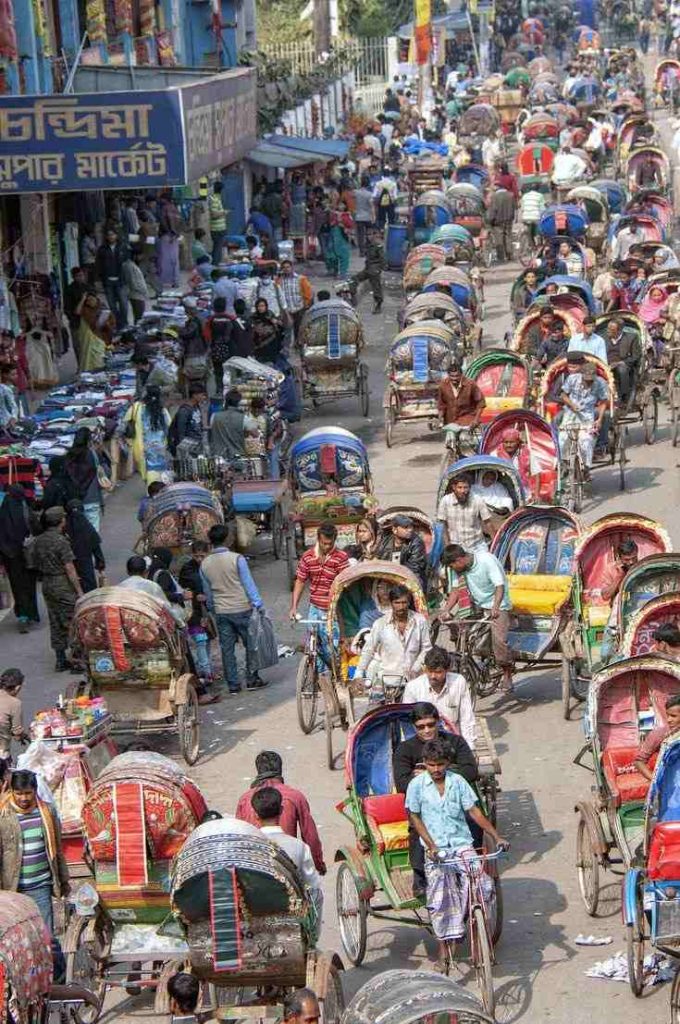
Aside from the archaic laws, Bangladeshi society does not support homosexuality, and many people view it negatively. If anyone identifies as LGBTQ, the person faces hatred, discrimination, and even sometimes assault. Hence, LGBTQ+ people do not express their sexual orientation in society for fear.
Brunei
Brunei is another country where the LGBTQ+ community faces severe legal and social challenges. The country outlaws same-sex relations and criminalizes gender expression, a man ‘posing’ as a woman and vice versa.
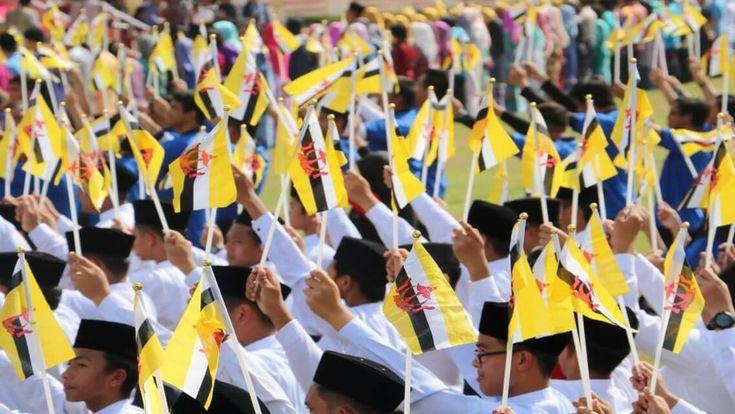
The punishment for same-sex conduct in Brunei is capital punishment, with lesser penalties of imprisonment and whipping. Although the sultanate suspended capital punishment, which was still in effect in May 2023, they could revoke it anytime.
Burundi
Burundi never criminalized the LGBTQ+ community before 2009. However, today, the country criminalizes same-sex acts by both men and women. Sexual relations with someone of the same gender are punishable with imprisonment for three months to two years and a fine of 50,000 to 100,000 francs (US$30 to $60).
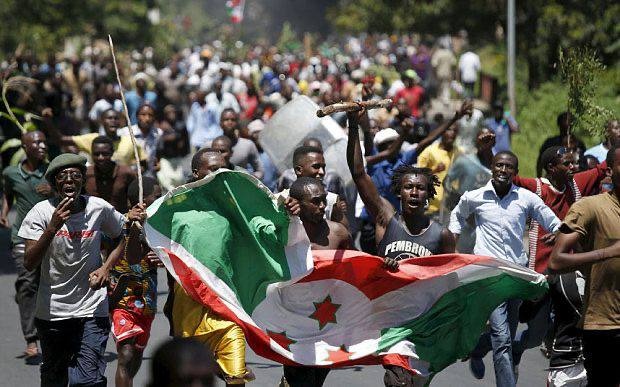
Aside from being regularly prosecuted by the government, the LGBTQ+ community also faces stigmatization among the broader population.
Cameroon
Another country that outlaws the LGBTQ+ community is Cameroon. As in most countries with strict same-sex laws, LGBT people face stigmatization among the broader population. In addition, they can face six months to five years in prison and a fine of CFA 500,000 to 2,000,000.
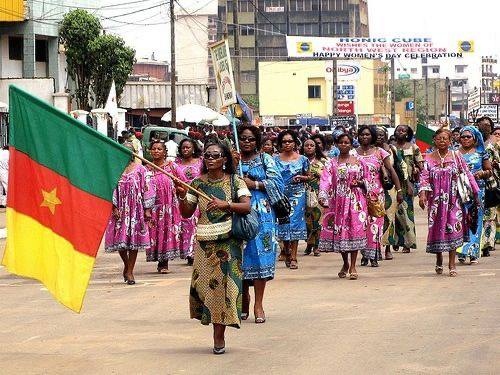
According to reports, Cameroon prosecutes consensual same-sex conduct more aggressively than almost any country in the world as of 2020.
Chad
Before the new penal code took effect in August 2017, the LGBTQ community in Chad never faced harsh punishment and criticism. However, today, Chad criminalizes sexual relations with someone of the same gender.
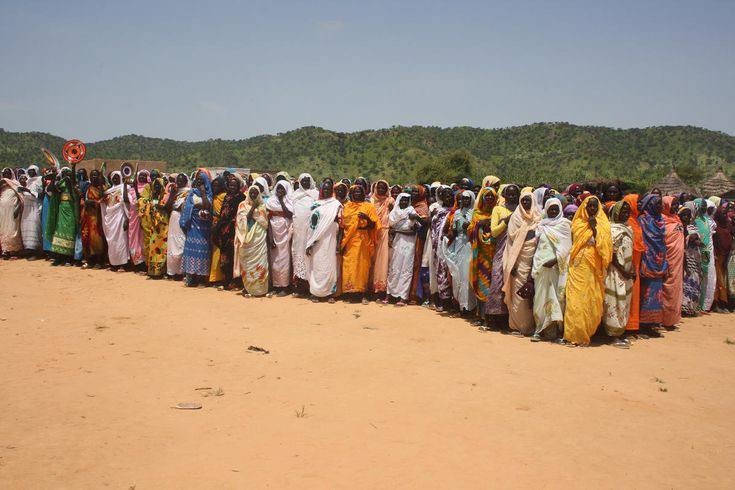
Aside from societal ostracization, the LGBTQ+ community faces three months to two years imprisonment. In addition, they must pay a fine of 50,000 to 500,000 FCFA (US$87-$870) if caught. Also, there is no legal protection against discrimination against the LGBTQ+ community.
Chechnya
The rights of the LGBTQ+ community in Chechnya have been a cause of concern for human rights organizations. Since Chechnya is a member of the Russian Federation, Russia’s LGBT laws formally apply.
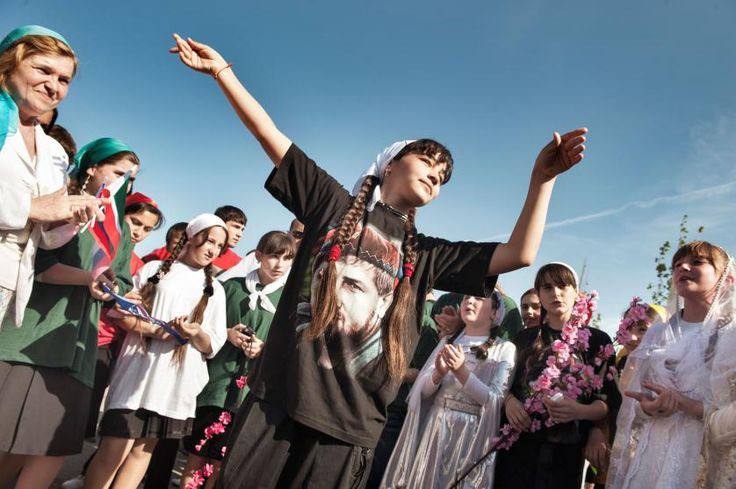
Hence, there are no protections for LGBTQ+ citizens. In addition, the Chechen authorities allegedly encouraged the abuse of suspected members of the community. Hence, there has been a crackdown on the community, leading to the abduction of gay and bisexual men since 2017.
Comoros
This country off Africa’s east coast also outlaws same-sex relations. According to a 2010 report, persons engaging in homosexual activities did not publicly discuss their sexual orientation due to societal pressure and stigmatization in Comoros.
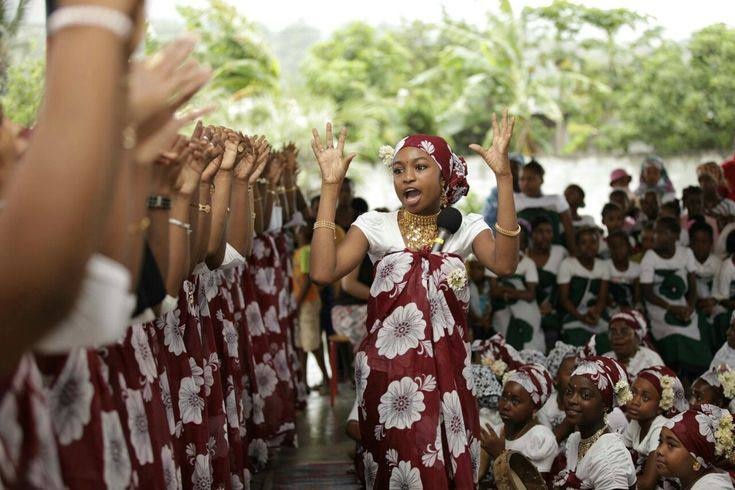
Hence, for both males and females, the sentence for same-gender relationships is two to five years in prison. In addition, they pay a fine of 50,000 to 1,000,000 francs (US$120 to $2,320).
Egypt
Contemporary Egyptian law does not explicitly criminalize same-sex sexual acts. Instead, the state uses several morality provisions for the criminalization of homosexual conduct. However, they use these morality provisions and public order laws to target the LGBTQ+ community.
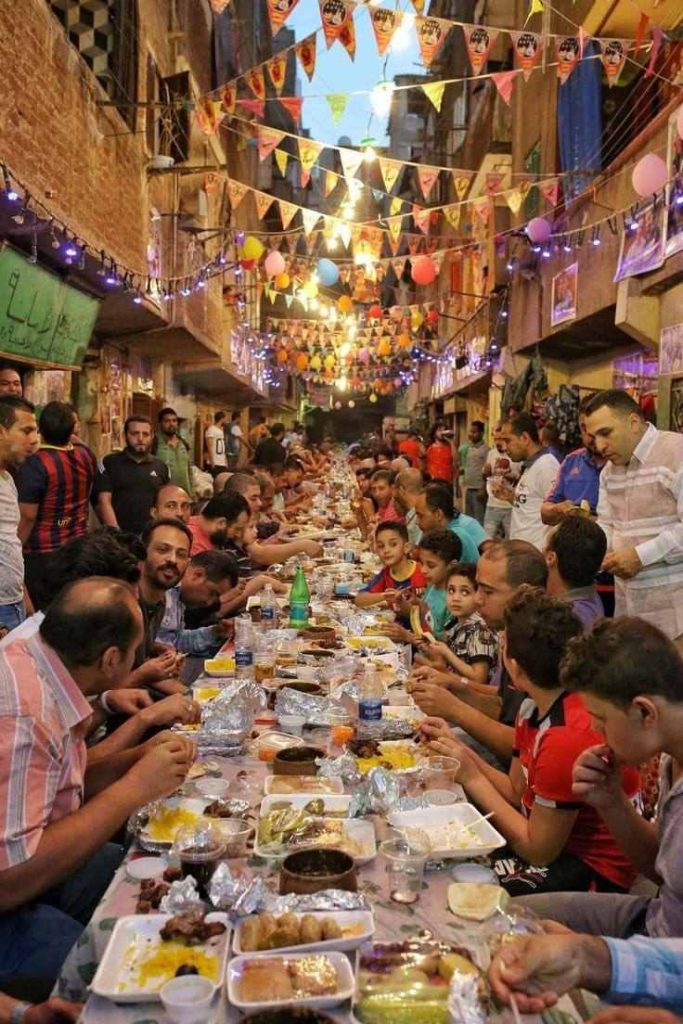
Under morality laws, the maximum penalty for the LGBTQ+ community is up to seventeen years in prison. One may also be placed in a “special reformatory” upon completion of the prison sentence.
Gambia
The Gambia Criminal Code from 1933 criminalizes same-sex relations with up to 14 years in prison. However, the country amended its criminal code in 2014 to impose harsher penalties, including life imprisonment.
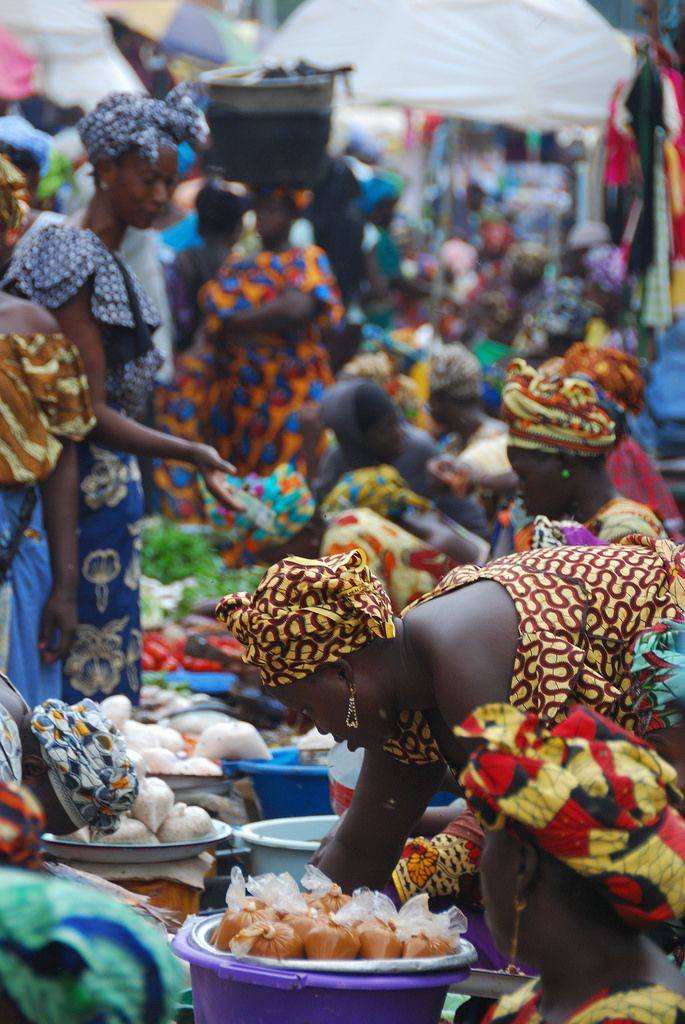
Initially, Gambia proscribed consensual sexual activity between males as “carnal knowledge against the order of nature.” However, a 2005 amendment criminalized same-gender relationships between women, making it punishable by up to five years imprisonment.
Nigeria
In Nigeria, LGBTQ+ rights do not exist. The country’s federal law classifies homosexual behavior as a felony, punishable by imprisonment of up to 14 years. Aside from the federal government’s anti-LGBTQ+ laws, several states have adopted sharia law, with a death penalty for suspected LGBTQ+ community members.
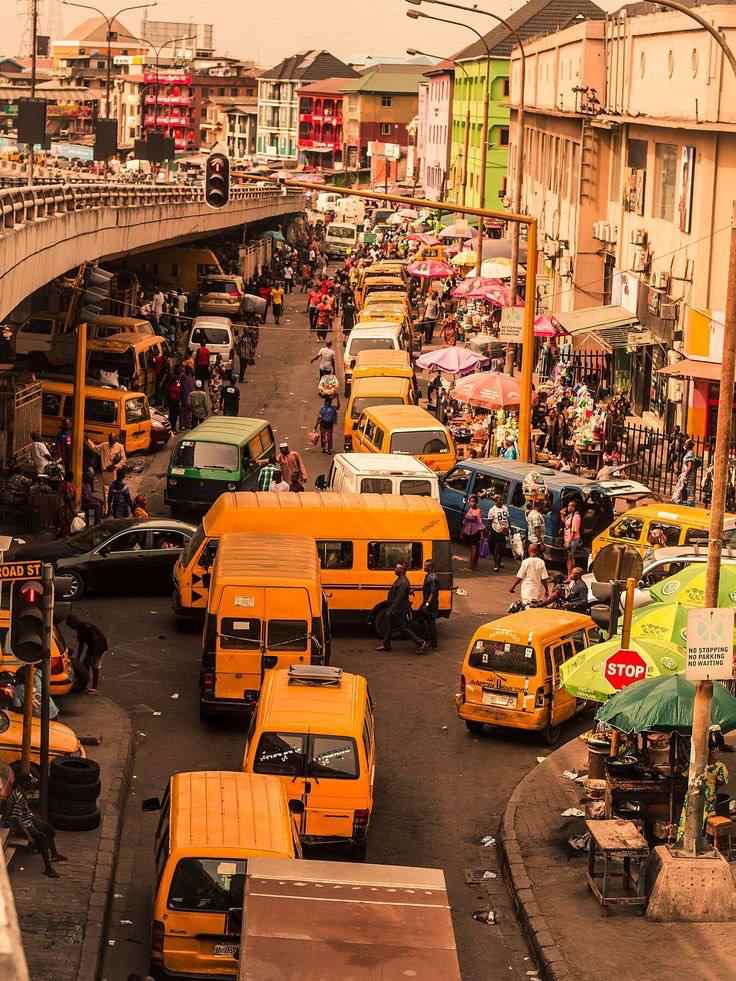
Consequently, very few LGBTQ+ persons are open about their sexual orientation. In addition, other LGBTQ+ persons are fleeing their homes to countries with progressive laws to seek protection.
